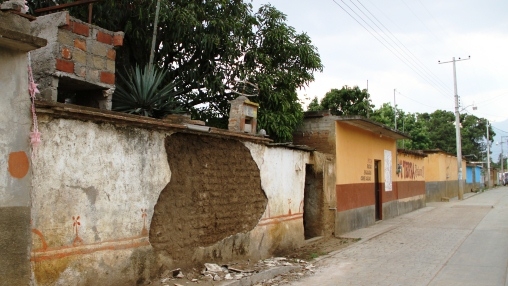The table trembles, you feel dizzy and the lamps start shaking: another earthquake in Mexico. They happen regularly with varying strength. Schools, offices and households have been trained to follow certain instructions. “I don’t run, I don’t push, I don’t scream,” every Mexican kid knows.
With more than 90 earthquakes a year with a magnitude of 4.0 or more on the Richter scale, Mexico is one of the world's most exposed countries to natural hazards.
The country learned a very hard lesson when a major earthquake hit in 1985, leaving thousands of people dead and losses estimated at US$11.4 billion.
The destruction left by the earthquake forced the government at the time to use its resources for reconstruction efforts, instead of, for example, expanding the country’s infrastructure.
With such vulnerability to disasters, Mexico has been forced to prepare itself for catastrophes in order to protect citizens and the economy. And that is why Mexico and the World Bank have a long history of cooperation on risk financing and management, as well as climate resilience, going beyond traditional lending services.
Throughout the years the Bank has provided an integrated package of services which include technical advisory services, relevant reports on the matter, and bringing national and international key players together, putting the issue at the center of its work in Mexico.


